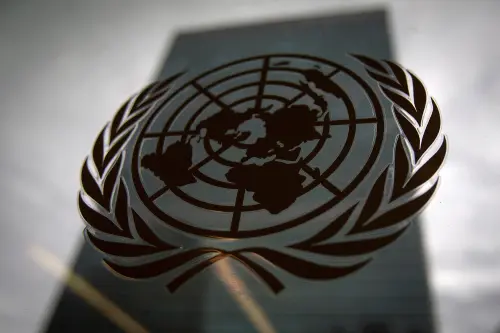ROME, Feb 25 (Reuters) - Companies utilizing genetic information from nature to develop products such as weight-loss drugs and cosmetics are being urged to contribute to a newly established fund aimed at protecting biodiversity. The initiative was launched during a U.N. conference in Rome.
Participating countries at the COP16 event this week are striving to secure funding to prevent further ecosystem and species degradation, with many advocating for increased involvement from the private sector.
Dubbed the 'Cali Fund' after the Colombian city that hosted the conference's inception last year, this marks the first time the U.N. Convention on Biological Diversity has actively sought financial support from businesses.
Elizabeth Mrema, deputy executive director of the U.N. Environment Programme (UNEP), emphasized the importance of ensuring that communities safeguarding genetic resources benefit from the fund. "The rush to access the gold mine of genetic data must not leave behind the communities who protect these genetic resources, that is where the Cali Fund is a real game changer," she stated during a press conference in Rome.
A significant portion of the fund's revenue will be directed towards indigenous peoples and local communities, with companies being encouraged to contribute a share of their profits or revenues.
While no companies have committed yet, discussions are underway with firms from various jurisdictions, including the United States. COP16 President Susana Muhamad noted the willingness of U.S. businesses to engage, signaling their recognition that nature is a global public good transcending national boundaries.
Funds generated will contribute to the United Nations' estimated annual $200 billion needed for nature conservation, as countries convene in Rome to refine strategies for raising this amount.
During the conference's outset, several nations reiterated their stances from the Cali meeting, focusing on payment responsibilities, fund management, and oversight.
Panama, Egypt, and Russia expressed dissatisfaction with developed countries, urging them to fulfill their commitment to sourcing $20 billion annually for biodiversity without transferring the burden to developing nations.
Smaller negotiation groups will convene to discuss finer points, with EU Commissioner Jesskia Roswall anticipating an updated draft text by Wednesday morning.
